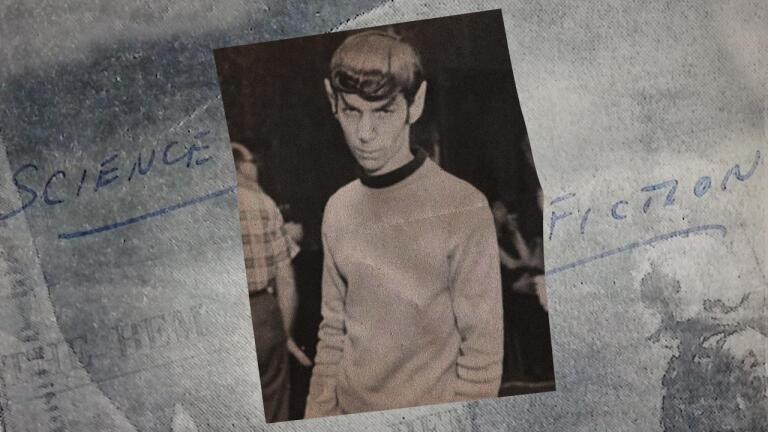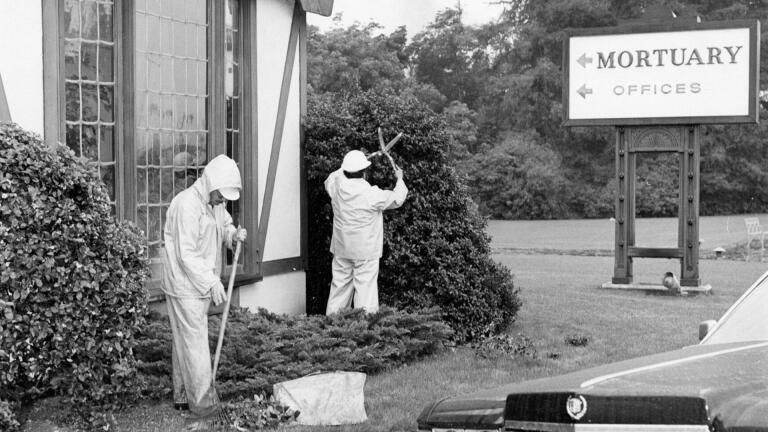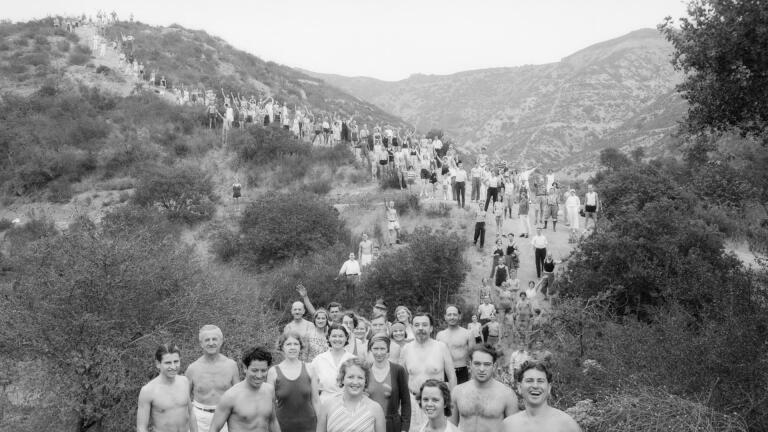Back to Show
Lost LA
Paul R. Williams – Architect for the Masses
Best known for his residential projects with Hollywood's elite, Paul R. Williams nevertheless sought to provide affordable design to L.A.'s growing population. Appointed to the National Board of Municipal Housing in 1940, Williams began his journey into the world of public housing, where his eye for design and keen understanding of the needs of the people shone in homes that still stand today. Listen to UCLA historian Eric Avila as he explains the dynamics of affordable housing in Los Angeles and Paul R. Williams' civic aspirations.
Support Provided By
Related

26:29
From wildflowers to jacarandas, explore the plants that paint California in vibrant hues.

26:40
Discover how the True Crime genre was shaped by its deep historic legacy in Los Angeles.

26:43
Uncover the origins of the sci-fi genre and its unique connection to historic Los Angeles.

27:10
Auto racing's LA roots, from dry lake beds to movie ranches, left tread marks across the region.

27:05
Trace the devastation of the 1928 St. Francis Dam collapse and its deadly flood.

26:40
How Cold War vigilance and secrecy shaped Southern California culture.

26:39
The Space Shuttle Endeavour’s journey is traced from its origins.

26:40
Tiki culture isn’t a Polynesian import — it’s a Hollywood creation.

26:49
Archives reveal the “forgotten plague” that shaped Southern California: tuberculosis.

26:50
Visit Hollywood Forever, Evergreen and Forest Lawn, where L.A. reinvented the cemetery.

26:40
The hiker-activists who led Angelenos into their hills and onto the trails.























